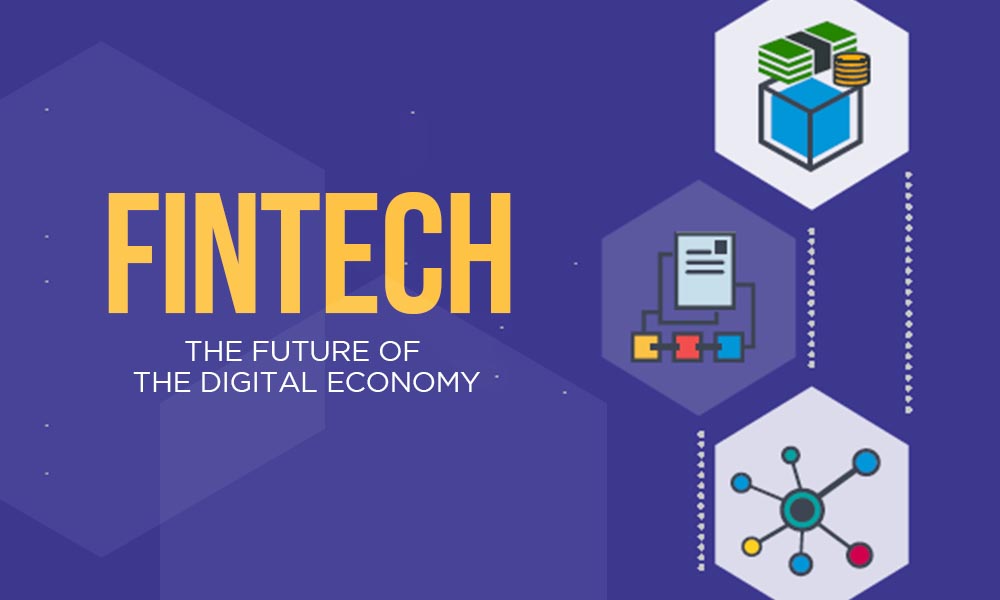Digitalization has given rise to a new age of commerce. The internet has become the platform for decentralized digital transactions and applications. These digital transactions are not centralized, meaning they are not controlled by any one party. Instead, digital currencies like Bitcoin act as an alternative medium of exchange that is secure and anonymous. Bitcoin also offers a great way to store and transmit digital content with no fees or chargebacks. These features make it great for individuals who want to buy and sell things quickly and easily without the risk of losing money or your information. The Internet has also made it possible for businesses to offer consumers products and services through online channels like check-ins, site visits, offers, surveys, chat rooms etc. Hence, fintech is cementing itself into our daily lives as an essential part of our digital economy today.
Table of Contents
- What is fintech?
- How does fintech work?
- Why is fintech important today?
- Types of fintech companies operating in India
- Fintech opportunities in India
- Key takeaways
Digitalization has given rise to a new age of commerce. The internet has become the platform for decentralized digital transactions and applications. These digital transactions are not centralized, meaning they are not controlled by any one party. Instead, digital currencies like Bitcoin act as an alternative medium of exchange that is secure and anonymous. Bitcoin also offers a great way to store andtransmit digital content with no fees or chargebacks. These features make it great for individuals who want to buy and sell things quickly and easily without the risk of losing money or your information. The Internet has also made it possible for businesses to offer consumers products and services through online channels like check-ins, site visits, offers, surveys, chat rooms etc. Hence, fintech is cementing itself into our daily lives as an essential part of our digital economy today.
What is fintech?
Fintech is the act of validating a transaction or offering with a digital currency without the need for a third party such as a bank or insurance company. It is a new way of digital payment processing which is distinct from the traditional method of payment like payments made with cash or credit cards. These transactions are verified through decentralized digital currencies like Bitcoin and other cryptocurrencies. These currencies are not controlled by any single individual and are therefore completely decentralized. One could therefore send money to anyone in the world with the same amount available in their own digital wallet. This amount is known as the amount of account to be paid in digital currency.
How does fintech work?
A digital currency is the same as cash in that it’s created through computer processing and has no official or physical representations. It’s usually stored as an encrypted text file, an image file, or both and verified with a blockchain. A blockchain is a decentralized, distributed database that records all transactions on a scale that is orders of magnitude smaller than traditional databases.
Why is fintech important today?
Why is fintech important today? It all comes back to the idea of financial inclusion, or the right to financial inclusion, which is the goal of fintech. If people are able to get financial products and services from anywhere, then they can also purchase products and services like food, groceries, and even clothes. The Internet has made it possible for people to go to a store and purchase products like that from a completely new perspective.
Types of fintech companies operating in India
There are many different types of fintech companies operating in India today. The most visible one is the blockchain-based PwC India. In addition to being an authoritative source on fintech regulations and developments in the country, PwC India has also developed an extensive practice in developing and implementing fintech training programs for both professionals and clients.
Fintech opportunities in India
Currently, India has around 100 banks and financial institutions with licenses to operate as banks. The country has also expressed an interest in becoming a player in the payments industry, but it’s not clear how that will come together in the near future.
Key takeaways
Fintech has become more than just a technology buzzword. Fintech companies are now finding their niche in the real world, serving specific needs and concerns of clients.
Conclusion
The Internet has made it possible for businesses to offer products and services through online channels like check-ins, site visits, offers, surveys, chat rooms etc. Hence, fintech has become an essential part of our digital economy today. The Internet has also made it possible for individuals to get financial products and services from anywhere, making them accessible to anyone. The future of fintech is bright and is now being defined by the rise of blockchain and cryptocurrencies. These technologies will power next-generation payments systems and will enable decentralized digital payments with low or no fees.











